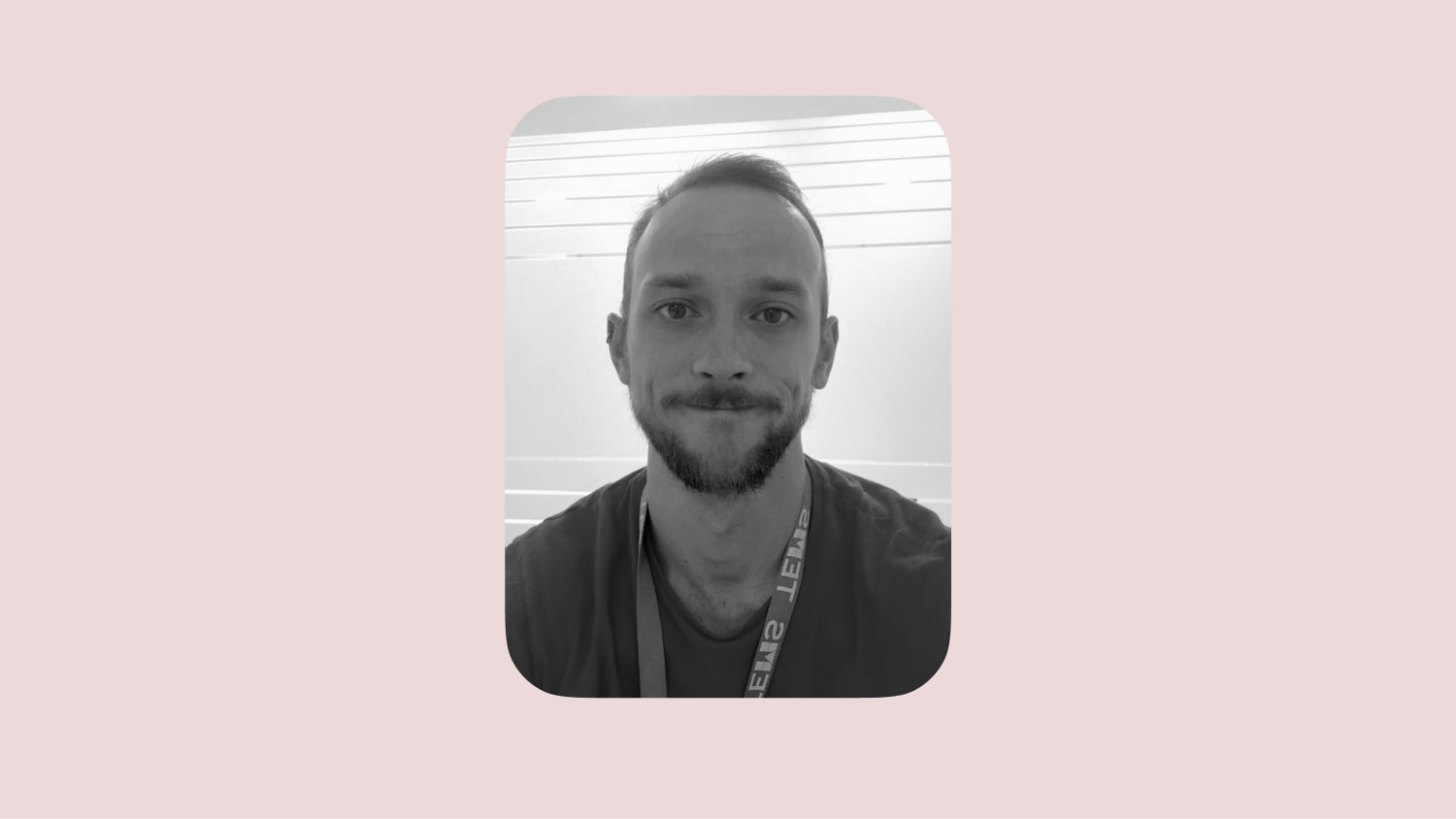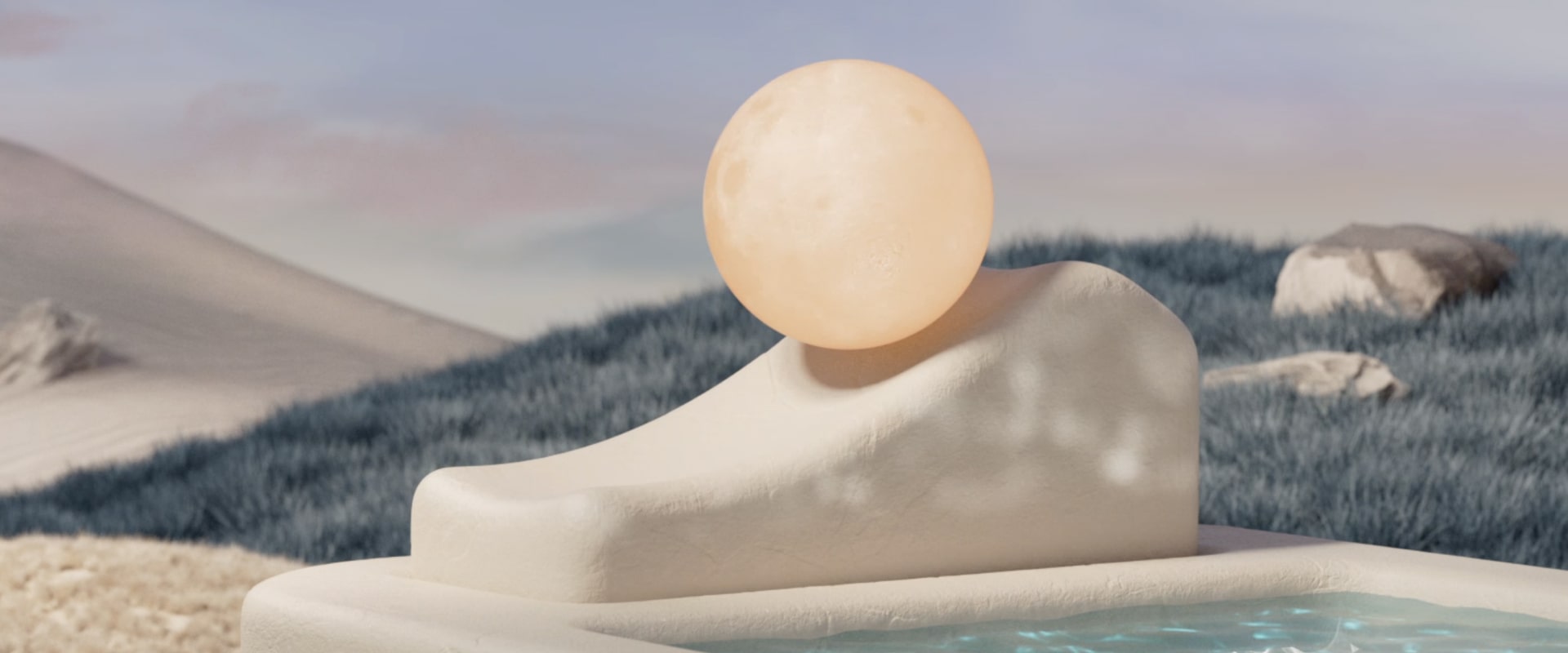
This month we speak with Rich, a mental health instructor at a Madrid school. We have been following him for a long time to be able to interview him because his experience with children brings us very close to the future that awaits us.
We need more people like Rich who make them understand emotions, feelings and that "it's okay not to be okay."
We need more people who understand that emotions have no age and the importance of knowing how to recognize them from a young age. We need more people who know how to talk to a child to be able to talk to an adult.

In your work, what tools do you have to detect problems such as anxiety in children?
The truth is that the best tools we have are people who know and understand what mental health is and what an individual experience is like. Adults working in a school are often in a unique position as they see the same children every day and often for long periods of time. This allows us to observe small changes in behavior, emotional well-being, the way they react to certain situations and compare it with the individual situation of the child, that is, life at home, social groups, studies, emotional well-being , etc. However, without at least a basic understanding of what mental health is and how it can present itself in young people in terms of behavioural, emotional, psychological or physical symptoms, it is all too easy to miss the early signs of alarm and assume that this is "normal" adolescent behavior.
Do you think that the pandemic and confinement have increased cases of anxiety and stress in children?
Undoubtedly, and unfortunately, I don't think we've seen the worst yet. Without any prior warning, preparation, or knowledge of how to navigate something of this magnitude, they are essentially kicked out of their daily lives, routines, social interactions, connections, and surroundings and forced into a kind of house arrest for an indefinite period of time. Its structure and its learning base have completely changed from one day to the next, while everyone frantically tried to understand what was happening. It was incredibly worrying and stressful for everyone, but young people look to adults for guidance in crises, and at the time, no one really had answers.
What are the main problems you face at work?
The biggest problem is getting people to talk about mental health. For many years the conversation has been heavily stigmatized and we are now beginning to realize that even with the language we use when talking about mental health, there are still many things we say that can be harmful to other people. Along with this, it's about getting people to understand that everyone has mental health, good or bad, and that it's individual. How one managed to get through a difficult period in their life shouldn't necessarily become advice about how someone else should do it. No matter how identical the situation or event may be, each person will process it in their own way and deal with it in their own way.
How do you deal with them?
By talking about it myself and normalizing the conversation, showing that I'm human and it's okay to not be okay. Respecting and validating a child's emotional state when they are vulnerable is also very important instead of telling them "forget about that", "well, life was harder when I was little", or "well, you'll just have to move on". All of these things may be true, but if a child has gained the confidence to talk to you, or has even broken down and you've noticed, their body and mind need to express something that we too often encourage or force them to "get over." " as soon as possible.
How long have you known about CBD and what is your opinion from a professional point of view? You use it?
I know thecbd oil for a few years, but my knowledge of what it is, how it works and how it is made is still very limited. As for my "professional" opinion, I think it has a lot of potential and room for growth and seems like it could provide many different benefits for people experiencing a wide range of problems. I've tried it a handful of times to see how it compared to other forms of treatment, but I wouldn't say I'm someone who uses it.
Would you recommend CBD to reduce the use of anxiolytics?
I feel powerless to advise against or recommend either, I'm afraid. I fully respect anyone who wants to try a natural form of treatment before asking for a prescription for synthetic medication, but I equally respect and understand people who prefer to listen to their medical professionals and leave the decision making in their hands. Since I'm not a medical professional or an expert in natural medicines, I don't think it's fair to recommend what other people should do.
Natural therapies versus chemical therapies: differences, pros and cons
Natural remedies are said to help people with a wide range of problems, but it may just be in a form of medication, for example, CBD alone is said to help people with pain, anxiety, lack of sleep, stress, concentration among many other things.The idea that one type of natural medicine can help people with many different problems is a clear plus.Regarding synthetic medication, its use is more targeted to specific symptoms and conditions, so you can often end up taking several different types of pills to help you with the conditions, in some cases people are taking one type of pill to help with the side effects of another pill they're taking, that's crazy. However, they have been vigorously tested, which in principle reassures many people. There are many pros and cons to both, but I'll leave it there for now.
Do you think that the use of CBD will be more widespread for cases of stress and anxiety in the near future?
If it continues to grow and prove its claims as it is now, of course. The bigger and more widespread it is, the more people will want to learn about it and understand it, and by the looks of it theCBD It has nothing to hide. I think you need to shake off the "it's basically marijuana" stigma. Direct association with something that has a long history of demonization makes people instantly dismiss CBD oil, but it seems that many parts of the world are finally coming to their senses, which will only help the growth of CBD.
Why do you think there are some professionals who are reluctant to recommend using CBD?
We could go the way of the big pharmaceutical companies and say that doctors are paid to sell certain types of drugs and so on, but I like to believe that the vast majority of doctors are in that line of work to really help people. and treat them in the best possible way. If you imagine that, throughout their training, they've been advised/taught/informed about how a certain area of medication works to treat a specific symptom or disease, then it's probably pretty hard to just say "Hey, forget about that." and try this CBD." Also, as I've said before about how natural medication has to go through less vigorous testing, a doctor has to be able to get as close as possible to ensuring that something works. Unfortunately, CBD is not there yet, it is still in its infancy.
What advice would you give both children and adults for a better future in terms of mental health?
It is good not to be good. Talk to others, listen to them, be empathetic, and be aware of others and how they are feeling. You don't have to be a professional to help someone, just being present, being there, showing you care and validating their experiences is highly underrated and can drastically change a situation, even save a life. Do some reading if you can, get some insight if you're curious to be better informed, but ultimately remember that we all have mental health and it's everyone's responsibility to take care of it. The power of conversation is incredible, as is the power of silent listening.
If, by reading this interview, you have realized that perhaps Upani can help you with something, do not hesitate to write to us athello@upanidecbd.com, call us at644 236 521 or send us aWhatsApp to the same number. We will be happy to talk to you and tell us about your situation.


